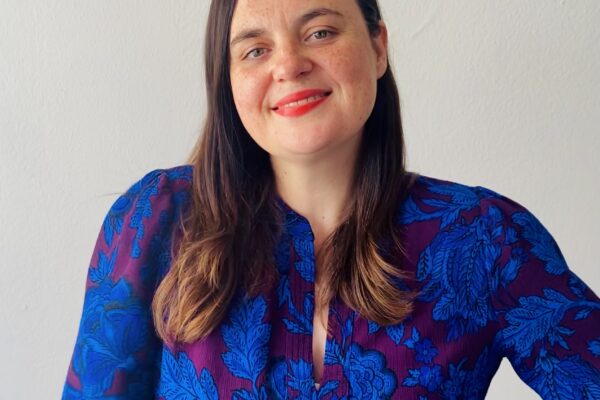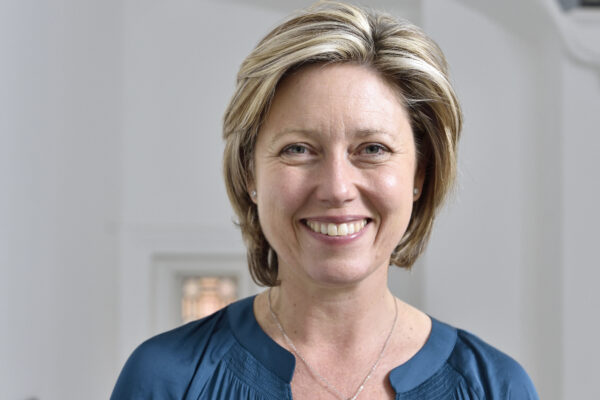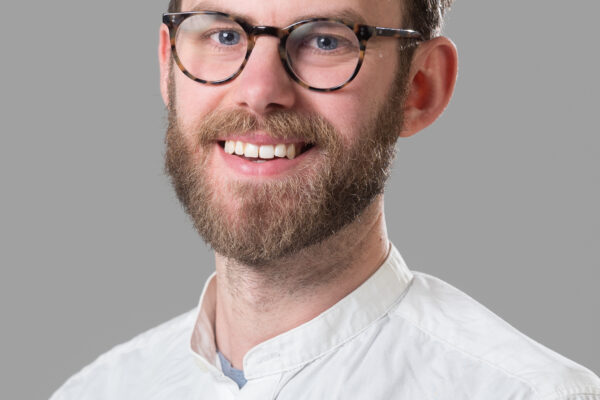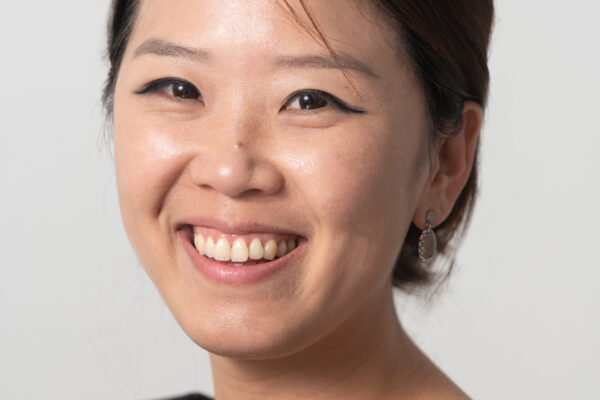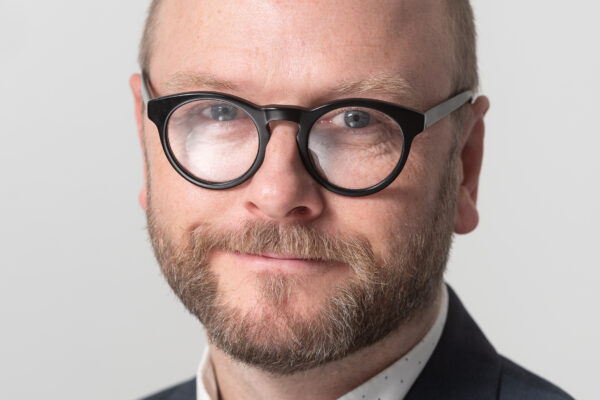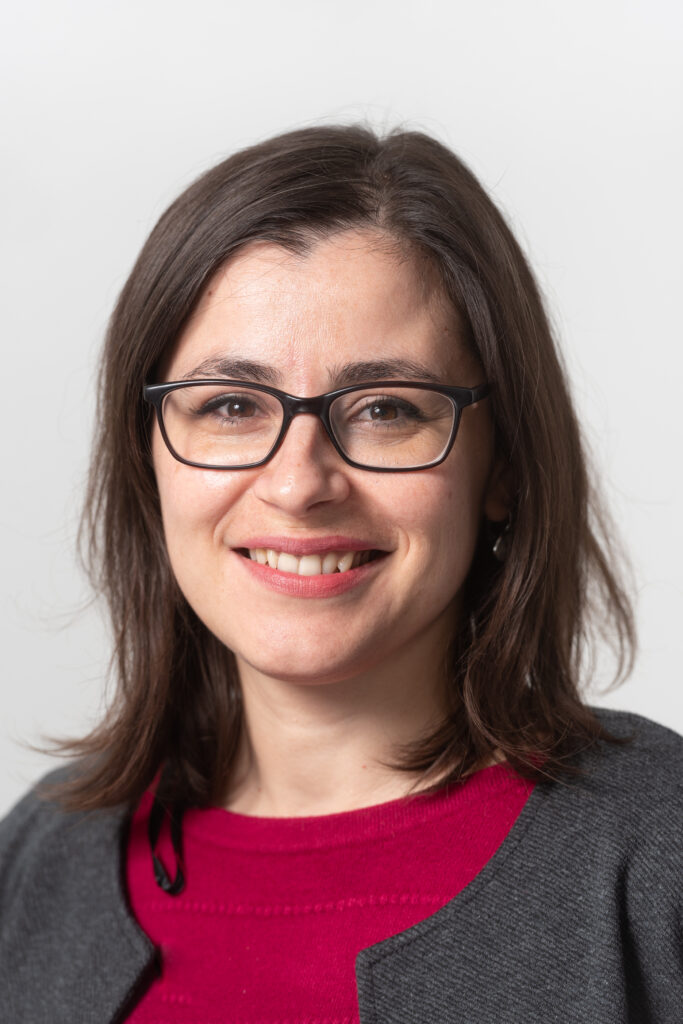
Success stories
mPixl
Helping doctors fight blood cancer
An imaging scientist and entrepreneur has developed a new MRI analysis method that enables the early diagnosis of blood cancers such as multiple myeloma and aids in their monitoring and treatment.
It should also reduce the need for invasive and risky bone marrow biopsies, which involve inserting a needle deep into the hip bone.
Dr Ana Gomes from The Francis Crick Institute founded her start-up company mPixl Technologies in January 2021, after taking part in the MedTech SuperConnector (MTSC) programme. She is currently CEO of the company and was nominated by Cancer Research Horizons as one their early-career entrepreneurs of the year (2022).
Ana and mPixl have raised over £300,000 in pre-seed investment to develop the company’s cloud-based machine learning (ML) software. They are now planning trials in hospitals – including in patients with inconclusive cases of multiple myeloma – to validate their technology and show that it can reduce reporting and referral times.

Catching cancer early
Multiple myeloma is a type of cancer that affects white blood cells called plasma cells, which are made in bone marrow – the spongy material found inside some bones. These cancerous plasma cells accumulate in the bone marrow, and in some cases, they secrete abnormal proteins that can cause complications.
When diagnosed at an early stage, over three quarters of patients survive to five years. Unfortunately though, the vast majority of cases – around 94% – are diagnosed when the cancer has spread to a distant part of the body, when the 5-year survival rate drops to just over half.
Whole-body MRI has great potential in diagnosing and managing multiple myeloma due to the dispersed nature of this type of cancer. Yet, only around 27% of hospitals actually use whole-body MRI in this way. Ana reflects on the state of play:
“In terms of imaging modalities, CT scans are good for looking at the skeleton and the lungs, because there’s not really supposed not to be anything else there – anything untoward – so if there is, it means something is wrong. Whereas MRI will show you everything. But the problem with that is, it requires a long time to look at it and analyse. And it’s not black and white. What is normal and what’s not normal? I might say that looks like a tumour, while someone else thinks it’s not. Also, because it’s so sensitive and you can basically change lots of parameters as you’re acquiring the data, no two hospitals do it the same way. So, how do you standardise that?”
Drawing on her vast experience in imaging and radiation oncology – gained at the University of Oxford and latterly The Francis Crick Institute – Ana came up with the idea for an automated, ML-based image analysis technique that essentially unlocks the full potential of the wealth of data generated by a whole-body MRI scan.
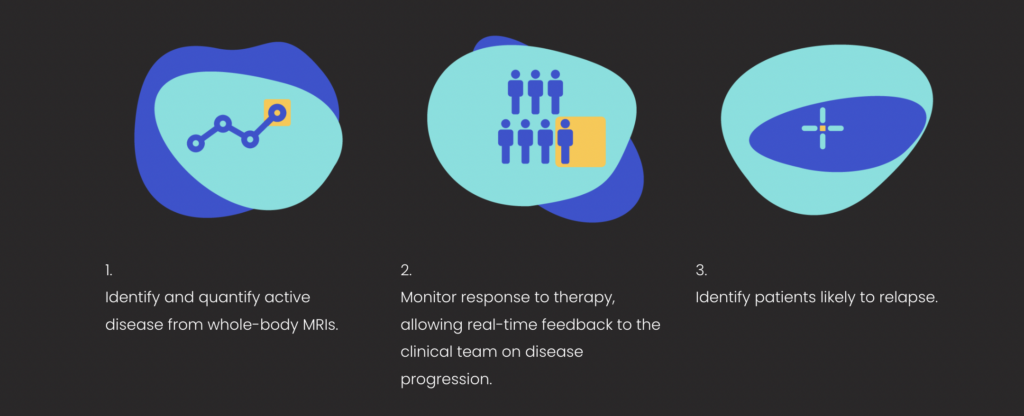
Through participating in the MTSC, she was able to hone her idea further, find a business partner/co-founder, and further develop the product service offering idea as well as an overarching business model.
As part of the clinical pathway, an MRI scan of a patient is taken and then uploaded to a server where mPixl’s proprietary, cloud-based software analyses it and sends a report back to the clinical team. The patient’s care is then adjusted according to report results.
In this way, mPixl aims to speed up the analysis process, shortening reporting time and reducing the dependence on radiologist training.
“The radiologist only needs to review the final report, instead of having to go through the images, one by one and manually selecting and quantifying the lesions,” she says.
Growing as an entrepreneur
Ana admits to being a reluctant entrepreneur at first, often frustrated by the sometimes deliberately obfuscating terminology and practices in the business world. She was persuaded to apply for the MTSC by a Business Manager at The Francis Crick Institute, Isabel Ramos, after striking up a friendship.
“At the time, I wasn’t sure if this could ever be a good product, but I felt I didn’t really have anything to lose and that I would learn so much through the process anyway – and I did!”
Since then mPixl has been accepted onto another accelerator programme, KQ Labs, run by the Francis Crick Institute and funded by LifeArc.
“I think all these programmes have their pros and cons, but the fact is, without MTSC, I wouldn’t be here, where I am today, and I often recommend that other people go for the programme.”
“At the time, I wasn’t sure if this could ever be a good product, but I felt I didn’t really have anything to lose and that I would learn so much through the process anyway – and I did!”
Dr Ana Gomes, Founder of mPixl


